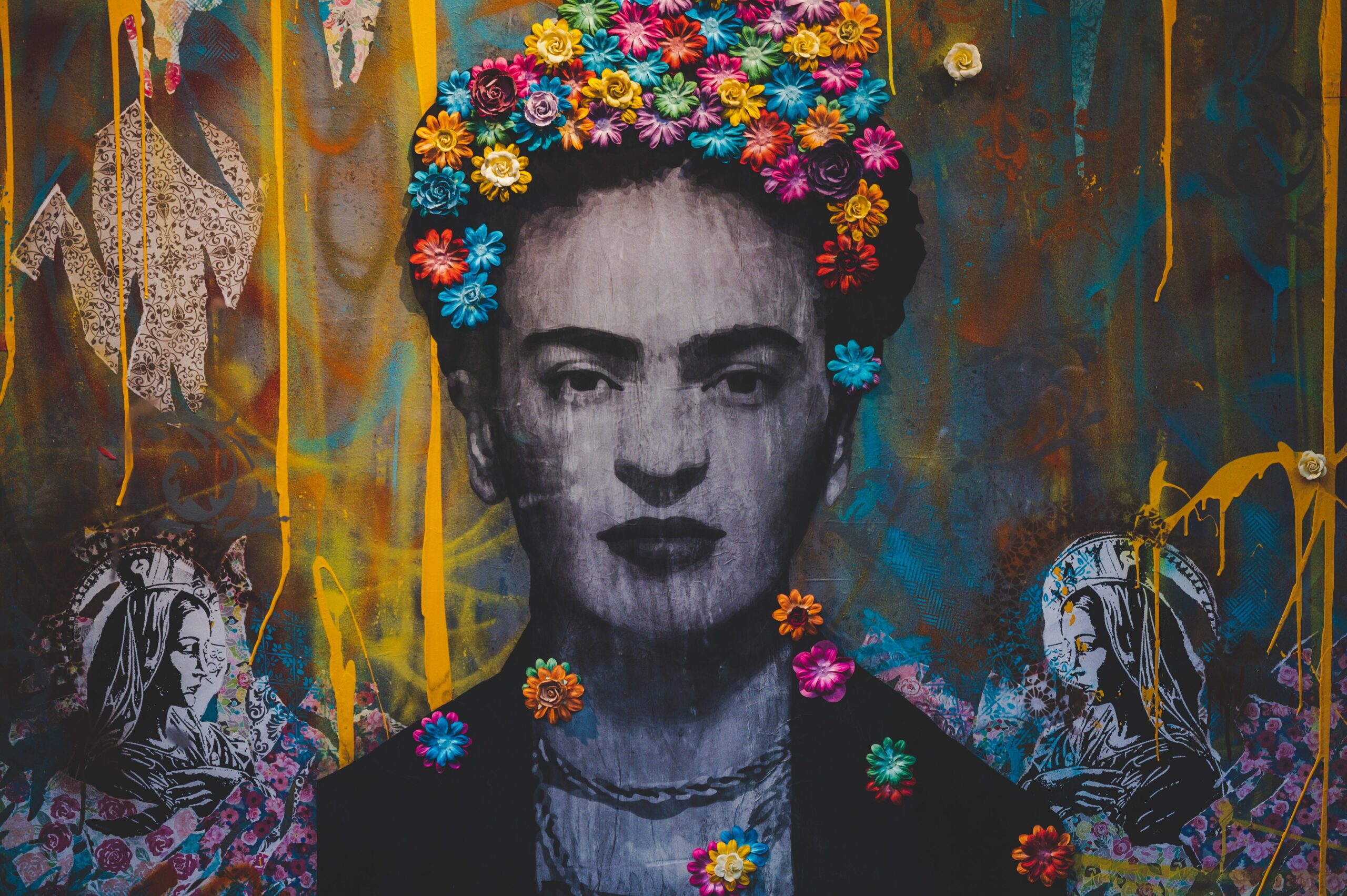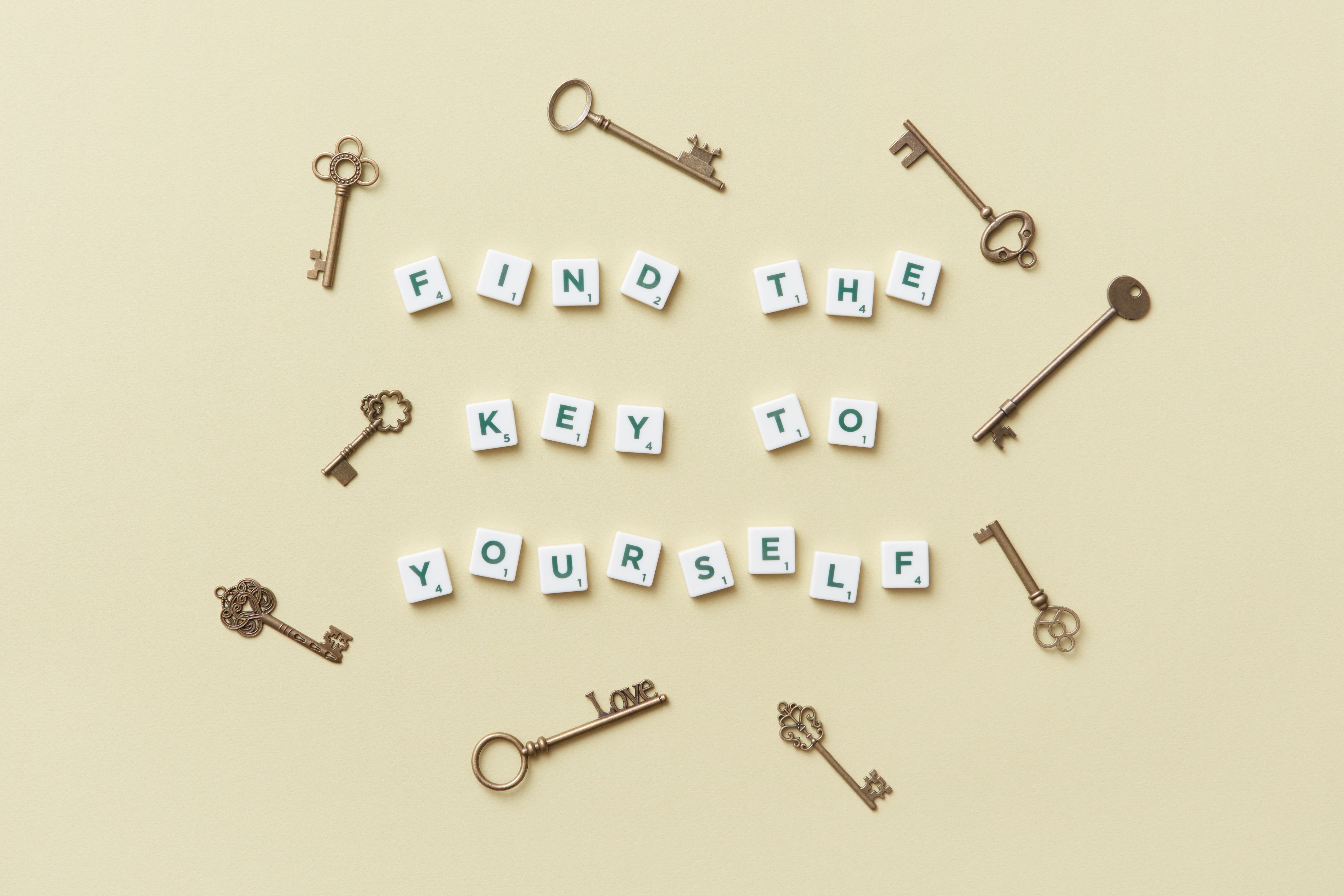In today’s world dominated by screens, being genuine can feel scary. We’re trying to blend in, win people over, and be accepted. And as a result, the images we portray are now essentially presentations of who we think we should be rather than reflecting who we genuinely are. How to be your authentic self?
We are unaware that what truly distinguishes us from others is our authenticity. Now that we have removed the mask we were wearing, how can we begin living an authentic life? Stick with us to learn more about it.
What Does Authentic Self Mean?
“In order for connection to happen, we have to allow ourselves to be seen, really seen.”
– BRENÉ BROWN
When you are being your actual authentic self, your words and deeds are in sync.
Authenticity sheds light on the way to a deeper level of living the life you want. When you are sure of what matters to you, you make decisions consistent with your identity and fundamental beliefs. And you start creating a fulfilling and joyful life for yourself. You urge those near you to imitate your behavior by acting this way.
Therefore, you must first understand yourself if you want to be authentic. Self-awareness, mindfulness, and self-acceptance are necessary for this.
Why Does Authenticity Matter?
The ability to be oneself has become quite difficult in the technological age. The media significantly impacts our lives because it tells us how to act, what we want, and how we should present ourselves. In a rush to fit in, we’ve lost sight of being our true selves.
When you’re not yourself, it’s a sign that you don’t think you’re good enough. You’re afraid that people will judge you if you reveal your actual self. You provide a positive image of yourself to everyone around you and fake it for their sake. Being artificial results in the suppression of your genuine self, which leaves you feeling alone, worthless, and cut off from those around you.
Consequences Of Not Being Authentic
People often play fake because they are afraid of being rejected; they worry that people will judge and leave them if they show their true selves. As a result, individuals alter their behavior and pose as someone else to fit in or act in a way they believe is appropriate.
Long-term isolation and loneliness are problems caused by not being true to yourself and attempting to fit in. You experience guilt, humiliation, and low self-esteem when you are not genuine to yourself.
Never confuse being your authentic self with leading with your best self, despite what today’s culture might have you believe. Where and when should we put our best foot forward? We risk modifying and editing self-evident and fundamental aspects of who we are, losing our authenticity if we put too much effort into becoming our best selves.
How We Lost Our Authenticity?
To be more successful, find love, or fit in, we constantly strive to strike a balance between our inner and exterior selves. Everyone wants love, or at the very least acceptance. We want to fit in and be respected for who we are as people and the contributions we are capable of making. Because we want to find and carry out our purpose, give our lives more depth and significance, and experience the fulfillment that comes from being more authentic, many of us are motivated to go even further.
Our society celebrates artificiality, aspires to perfection, and measures success by the amount of money in our bank account rather than by how effectively we uphold our beliefs daily. So how can we maintain our authenticity in the face of messages that urge us to adopt a false persona?
Why Is Overcoming Inauthenticity Difficult?
All of us have always been raised to attempt to fit in. Being authentic and being our true selves has never been supported by our parents, teachers, friends, or religion; instead, they have persuaded us to behave and seem in ways that have been accepted by society. We consequently develop beliefs, ideas, feelings, and behaviors that keep us acting in the ways we were taught to behave rather than working in ways that make us feel like our genuine selves.
The aspect of ourselves known as the Adaptive Self is the one that places a higher priority on compliance, getting along with people and general observation. This self is meaningful and serves a purpose, enabling us to contribute substantially to society. If you feel inauthentic, your Adaptive Self takes charge of your life.
Finding your actual self will help you live per your beliefs, follow your purpose, and fight for the issues important to you if you want to reclaim your authenticity. Most people’s Authentic Selves are hidden in the corners of their unconscious minds, which they are challenging to find and let go of.
Benefits Of Authenticity
Being true to yourself and who you are is what it means to be authentic. Being honest will help you identify your flaws and areas that require improvement. You’ll learn to see yourself as a mirror and be inspired to change for the better.
You cannot recognize your shortcomings when you are not yourself. You grow accustomed to acting artificial and don’t want to be found out or feel inferior. Consequently, you fail to adapt and continue to do so. A life of authenticity requires sacrifice and requires ongoing effort.
There will be backlash from the people when you practice authenticity. They won’t respect you for being who you are. However, we can promote acceptability in society if we are authentic. We can persuade them to accept us for who we truly are. Being vulnerable means being true to ourselves and displaying both our positive and negative sides. By doing this, we enable more genuine and intimate connections as well as genuine acceptance and everlasting love.
Risks Of Authenticity
Considering something new requires evaluating the advantages and risks. The following are some risks associated with leading authentically:
- You have no control over how others will react to your honesty and truthfulness.
- Everyone will judge you.
- People won’t like you.
- Your feelings will get hurt.
- People won’t be very welcoming to you.
- People will find you vulnerable.
How To Be Authentic?

Knowing who you are is the first step to building your desired life. If you follow these tips to discover your authentic self, you’ll start to pave the way.
See yourself objectively to revive your authenticity
Pay attention to how your “Adaptive Self” behaves, what it believes, and manages stress and challenges as you practice being in the moment. Learn to distinguish between comments that seem sincere and those that don’t. By distinguishing between adaptive and authentic responses, you can identify the falseness and begin to find the underpinnings of truth.
Be present
Being in the present with oneself, regardless of what is going on around one, is a requirement for authenticity. If your mind is racing or continuously reacting to things outside of yourself, you won’t be aware of your state of being. Practice taking a moment to breathe and check in with yourself throughout the day. As a result, your mindfulness will increase, and you’ll find it easier to spot when you’re not yourself.
You’ll discover opportunities to express yourself more fully and make decisions that feel more in line with your true nature as you gain awareness.
Embrace your strengths
Strengths are fantastic since they produce your best results, are frequently simple to use, and are generally enjoyable. Pay special attention to the activities you are good at but don’t enjoy. You might be able to use these less to improve your best and favorite strengths. One of the most motivating ways to connect to our authenticity is through our strengths.
Know your values
If we feel inauthentic, it may be because our values aren’t being put into practice. Our performance, relationships, and mental health may all suffer. As we matured, we adopted tactics and perspectives that benefited us. These beliefs are frequently ingrained in us, although we have probably outgrown most of them. When the false belief is mistakenly yelled out for all to hear, it is revealed, even to the speaker.
The subconscious frequently speaks to us when we aren’t paying attention. If we are honest with ourselves, the inner investigation will reveal some beliefs and behaviors that need to alter. In your pursuit of authenticity, examine your views and keep probing them until you are satisfied that they are consistent with your fundamental values.
Identify and name your feelings
One of the benefits of being a human is having the capacity to experience a wide range of emotions and feelings. Accurately identifying these is what authenticity is. We can recognize when we’re experiencing emotions like fury, irritation, or delight when we are aware of our underlying beliefs, abilities, and behaviors.
Examine your doubts
Since you were previously under pressure to think and act in a particular way, you frequently feel a little pushed, out of balance, or out of focus with who you know yourself to be. And you might also experience shock when things you don’t believe come out of your mouth.
You study areas of yourself that may have been compelled to develop adaptive behaviors due to doubts. So, You can alter adaptive behaviors once you’ve identified them. To change such ideas intentionally now that you realize they no longer accurately reflect who you are, follow them inside to whatever is hidden when doubts emerge.
Take daily steps to be authentic
Authenticity can seem like a complicated, ethereal idea. But when it comes down to it, everything depends on what you do each day because your personality is shaped by all the seemingly insignificant things you do and say, as well as your choices and deeds.
The only way to achieve an actual existence is to plan each day consciously. Schedule time each day to make little progress toward your individual goals. You’ll be astonished at how easy it is to realize how those little adjustments add up.
Practice Mindfulness
It’s a great way to get to know yourself better to be present when journaling. Your subconscious mind can record how you’re feeling, what’s going well, what you’re noticing, and anything else by developing a daily habit of freehand writing. You can allow your ideas to come to you naturally or utilize writing prompts to help you focus your writing.
You may improve your self-esteem and learn to know yourself better by scheduling regular time for self-reflection.
Face your fears with courage
Usually, your anxieties hide the truths about how and why you lost some of your authenticity. Face your fears and the thoughts that cause them as bravely as possible. Remember that eliminating your blind spots can help increase your awareness. Become aware of your fears and take ownership of them. Find out their tricks. You are reclaiming a part of your Authentic Self when you regain the courage to look into your fears and what triggered them.
Develop a network of social support
Having someone with whom you can be your authentic, uncensored self is one of life’s greatest joys. This support system may consist of friends, family, or colleagues. It might also include experts like coaches or therapists. Make it a priority to meet with close friends regularly, whether in person or online.
Know that it takes time to be authentic
Finding our true selves can be a lifelong journey because we constantly change as humans. It takes time to purge thoughts and deeds that no longer serve you and replace them with more authentic actions. But if you strive at it, you’ll quickly find more accurate alignment with your inner self.
Having both self-love and empathy for others
You must appreciate yourself during this process. Instilling more love and compassion inside yourself is beneficial because making this effort requires self-love. Setting aside time each day to take multiple deep breaths is one approach to raising your love quotient. Feel free to send love to those in need or to share some love with friends and family. Love for others tends to increase one’s passion.
Most of us find it difficult to accept our shortcomings and to love ourselves, but if we can open our hearts and show compassion to others, it will be simpler to do the same for ourselves. We can improve ourselves gradually because we are experiencing an accelerated evolution rate.
Tips To Maintain Authenticity

If you clearly understand what authenticity is and how you can be authentic. Here are some of the tips to maintain authenticity.
Always do your best
Living authentically is clearly understanding your priorities, knowing what matters in your life, being free of self-doubt, and not attempting to be someone you’re not.
Be true to your word
Reliability, honesty, and authenticity are a few traits that accompany authenticity. To earn people’s trust, it’s critical to keep your promises. Make sure your actions and words are consistent because there is something tremendously powerful about deeds and words. Integrity fosters trust among people and inspires a positive sense of inspiration in them.
Set limits and practice saying no
Relationships may be your priority, so you may not want to let them down because doing so might raise doubts about your sincerity. Self-care involves setting boundaries without being harsh or strict. If you struggle to establish and enforce boundaries, don’t be hard on yourself. It can be challenging even to know what boundaries to create without self-awareness. So, Just be mindful as you go about your daily activities and keep a running list of any obstacles you encounter.
Conclusion
Consequently, Learning to be authentic may be brave. But when you do, you liberate yourself and start to create a life that fulfills you. You can get there, even though it might not happen right away.
And remember that the goal is to work toward becoming more authentic rather than to become authentic instantly. Being authentic takes time as we develop and share it. The actual test of authenticity is whether or not your emotions and sentiments are consistent with your actions.
FAQs
1. What does it mean to be your authentic self?
Your authentic self accurately reflects who you are as a person, independent of your profession or the influence of others. Being true to yourself means not caring what other people think of you. This could occasionally cause you to stand out from the crowd.
2. How do you become an authentic person?
Follow these six powerful strategies to become an authentic person:
- Take a personal inventory.
- Be present.
- Build a social support system.
- Take daily action.
- Step back to get a better understanding
- Differentiate between internal and external factors
3. How do you get 100% authentic?
You can become an authentic person if you follow these suggestions:
- Observe yourself objectively
- Choose to be the adult
- Examine your doubts
- Develop the courage to face your fears
- Love yourself and have compassion for others
- Recognize that developing authenticity takes time

